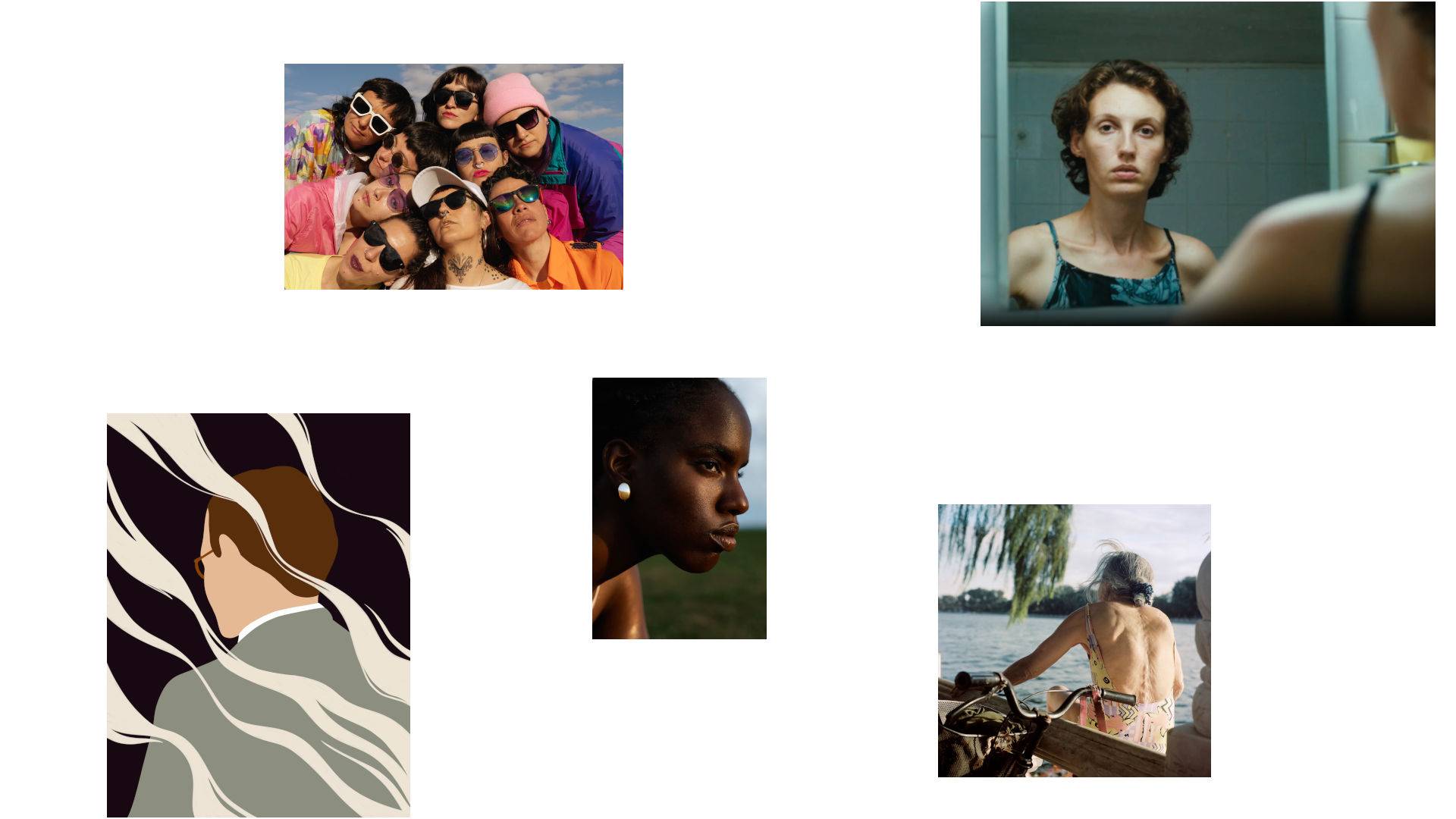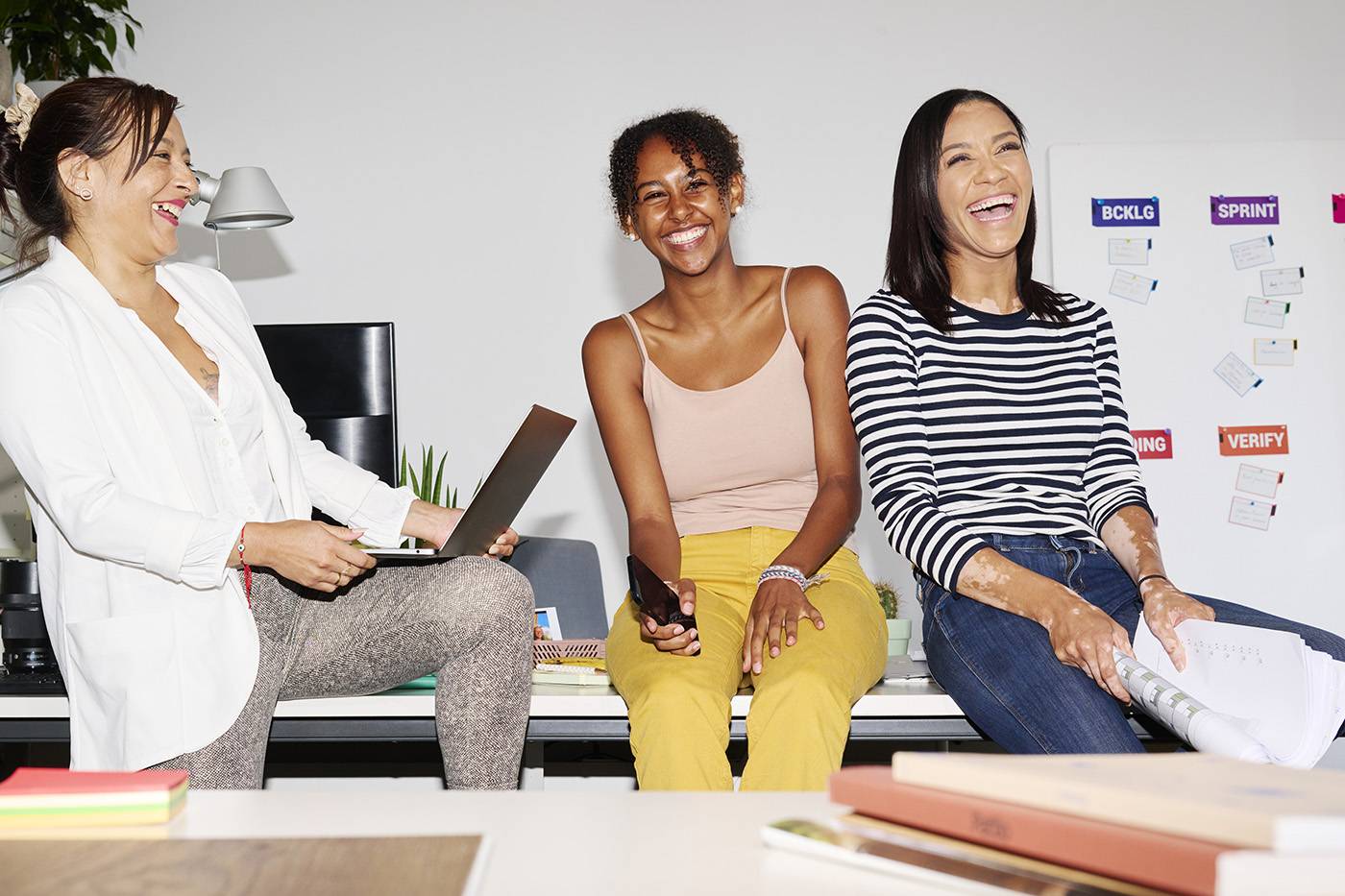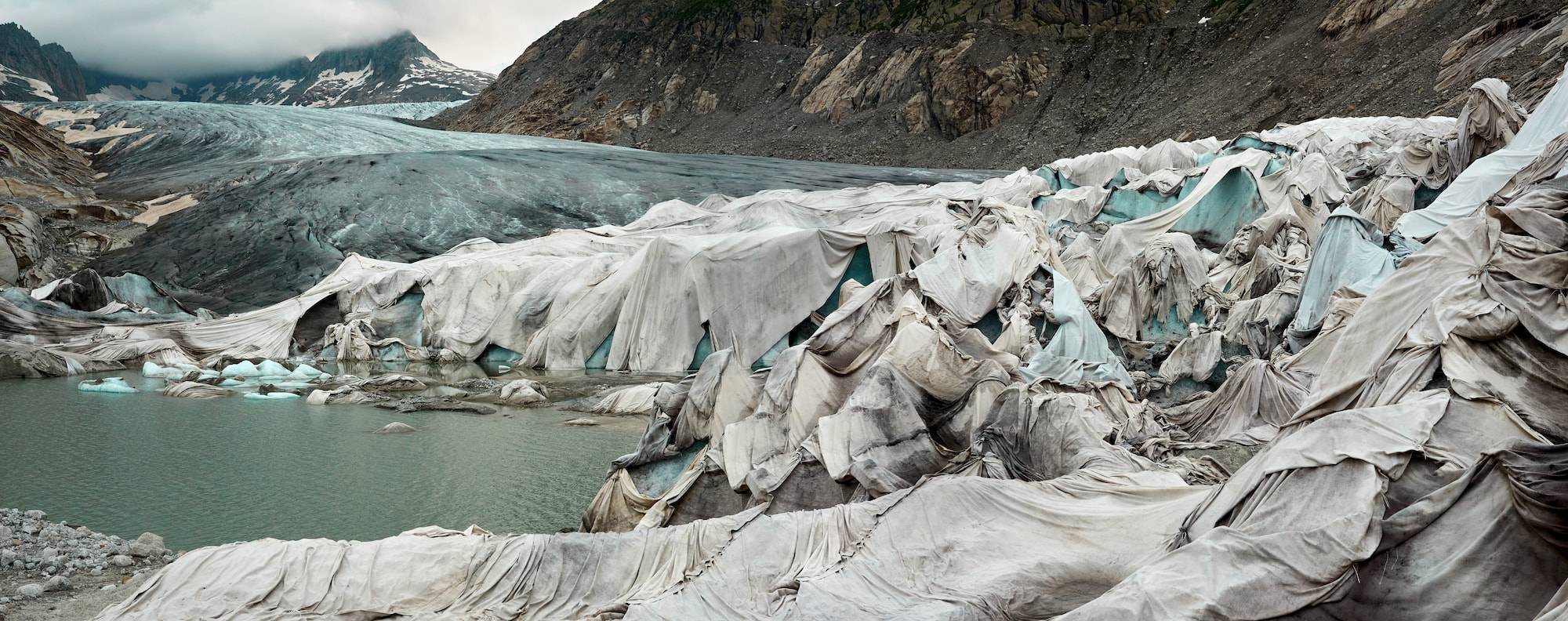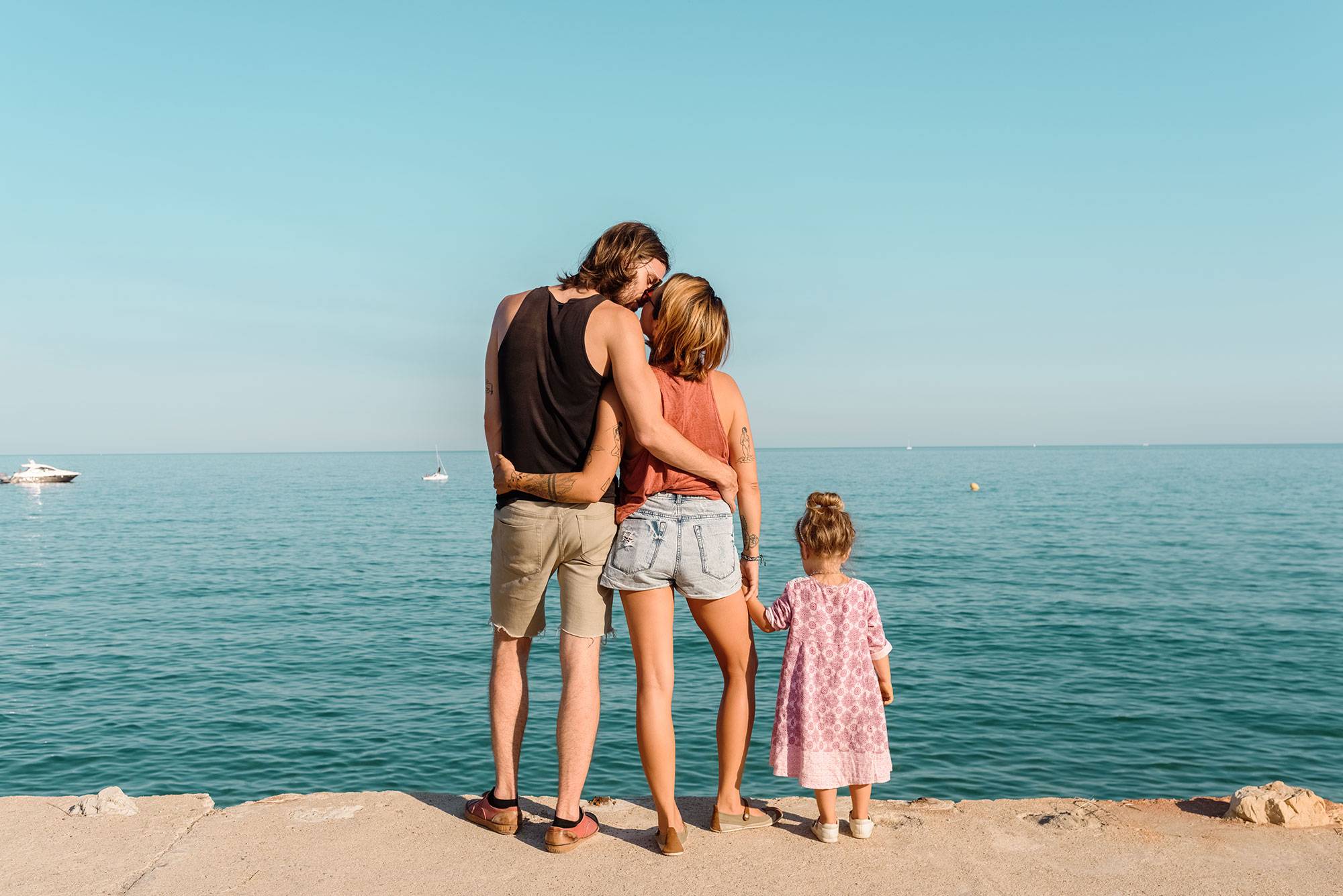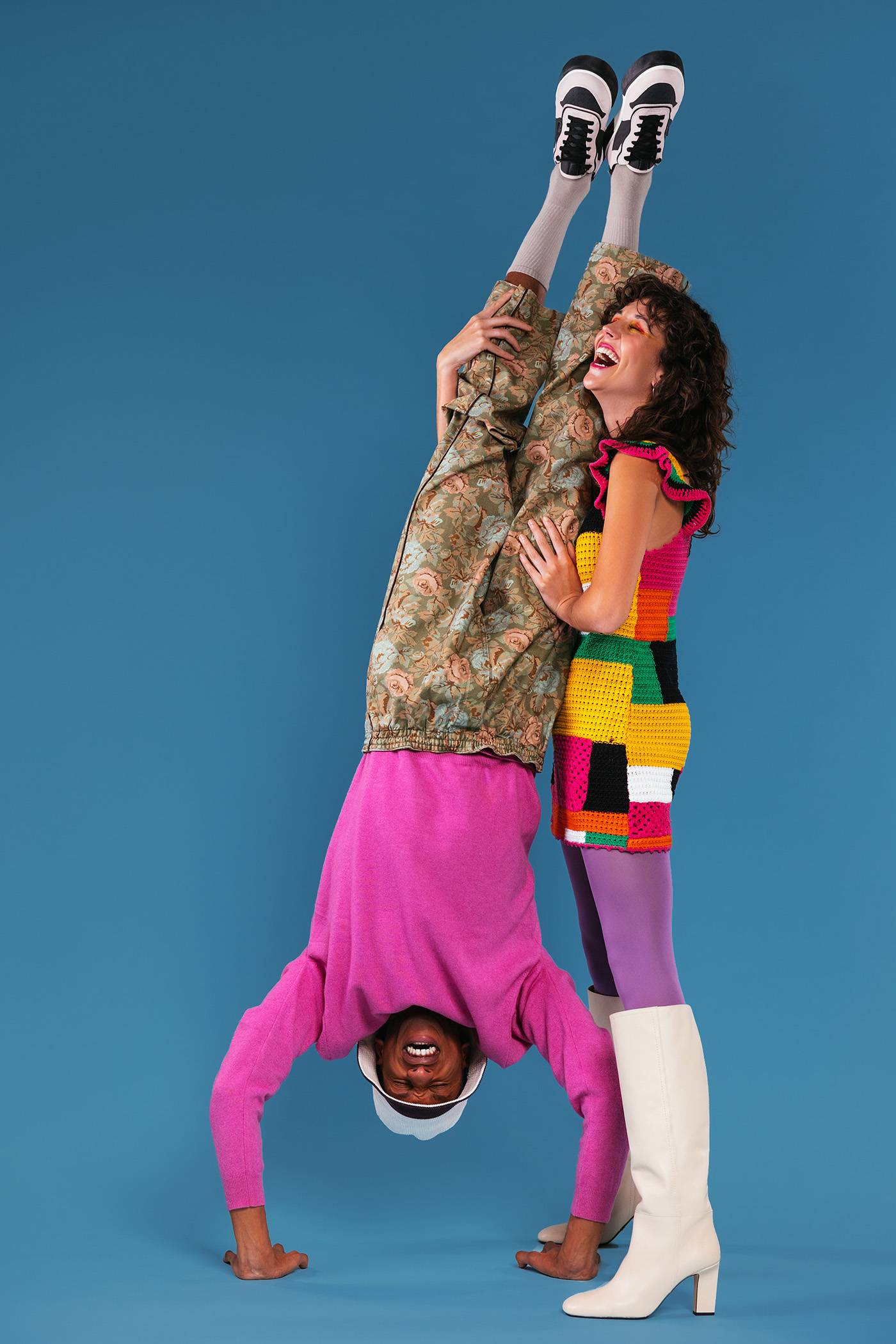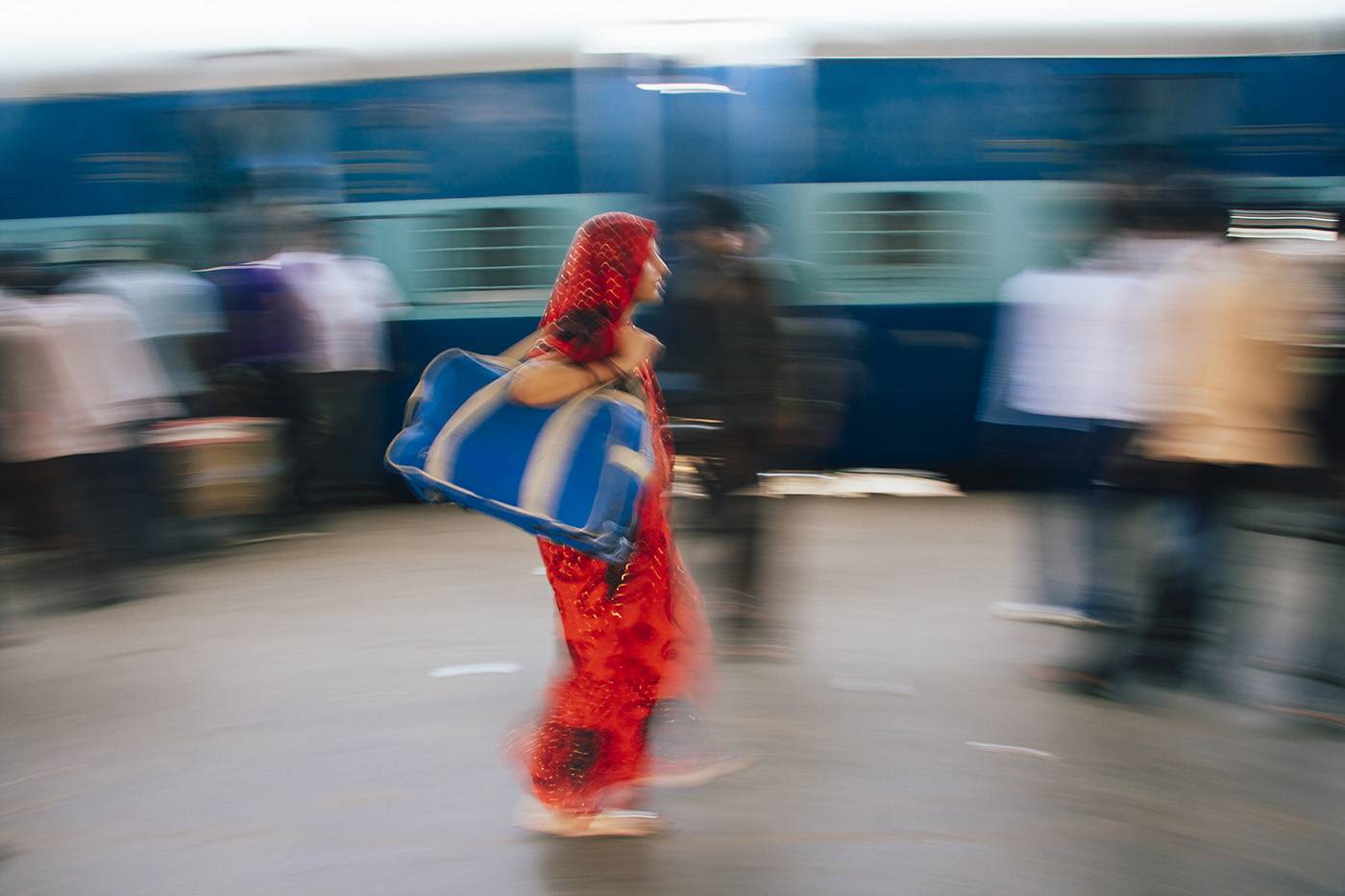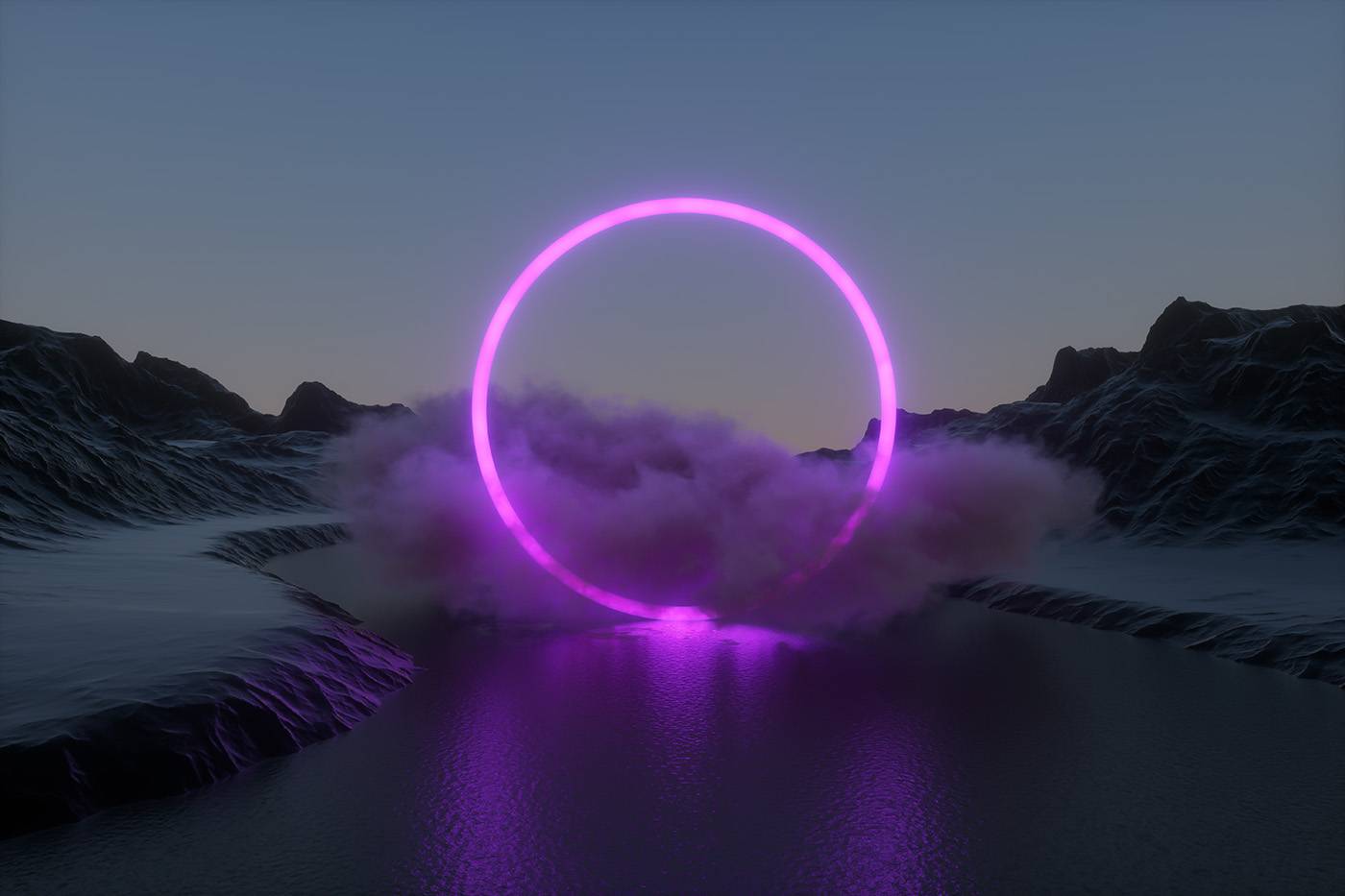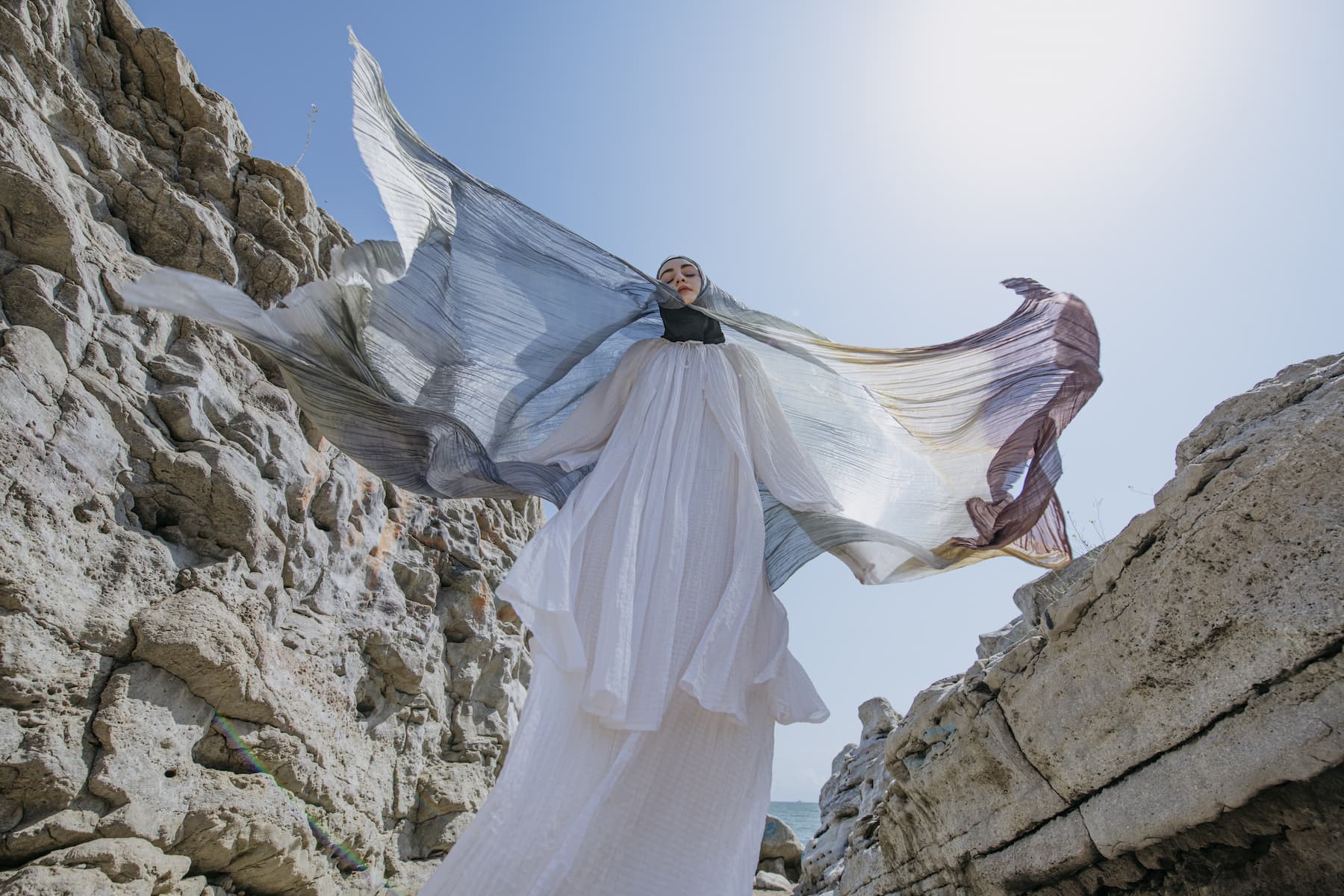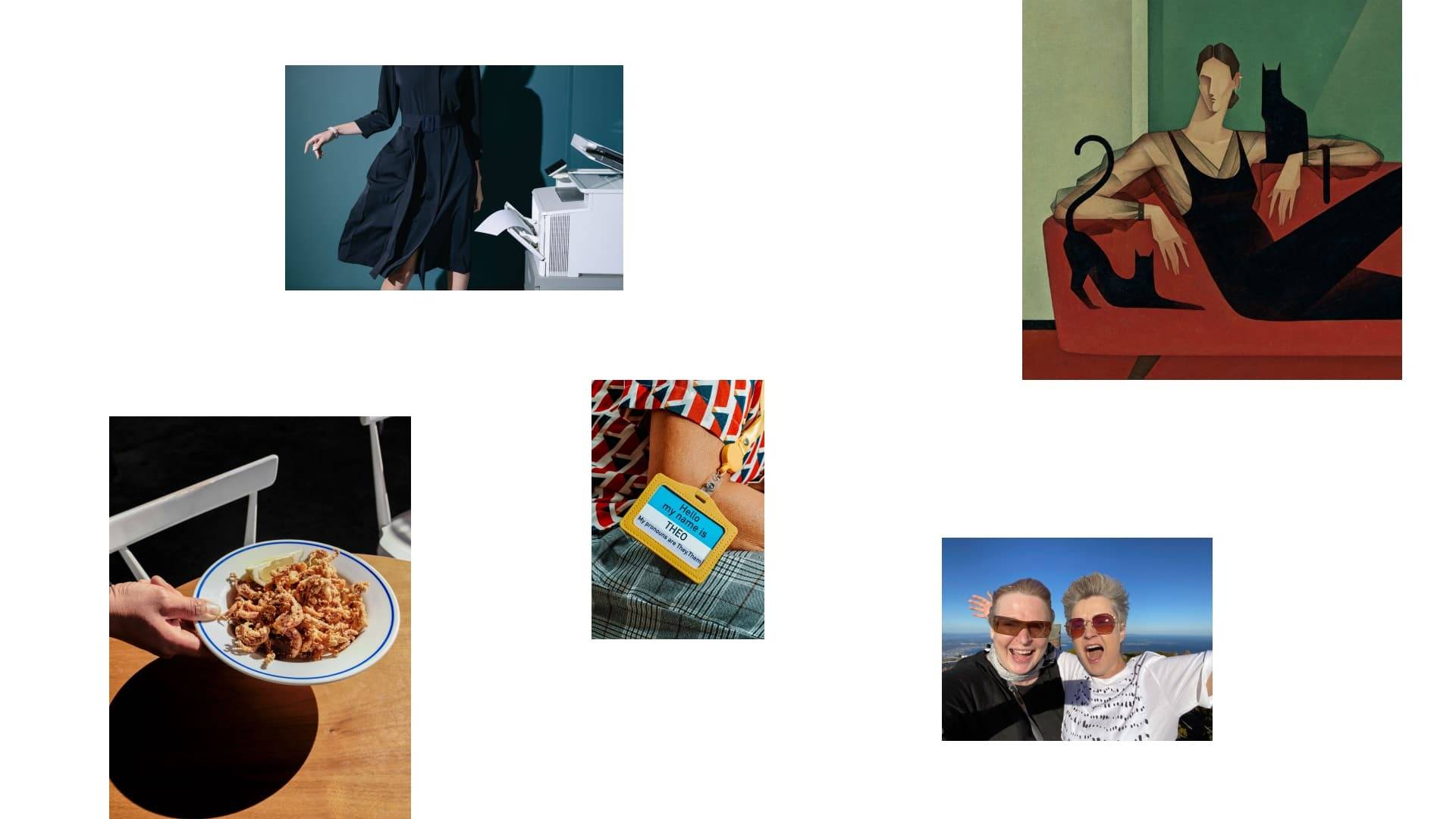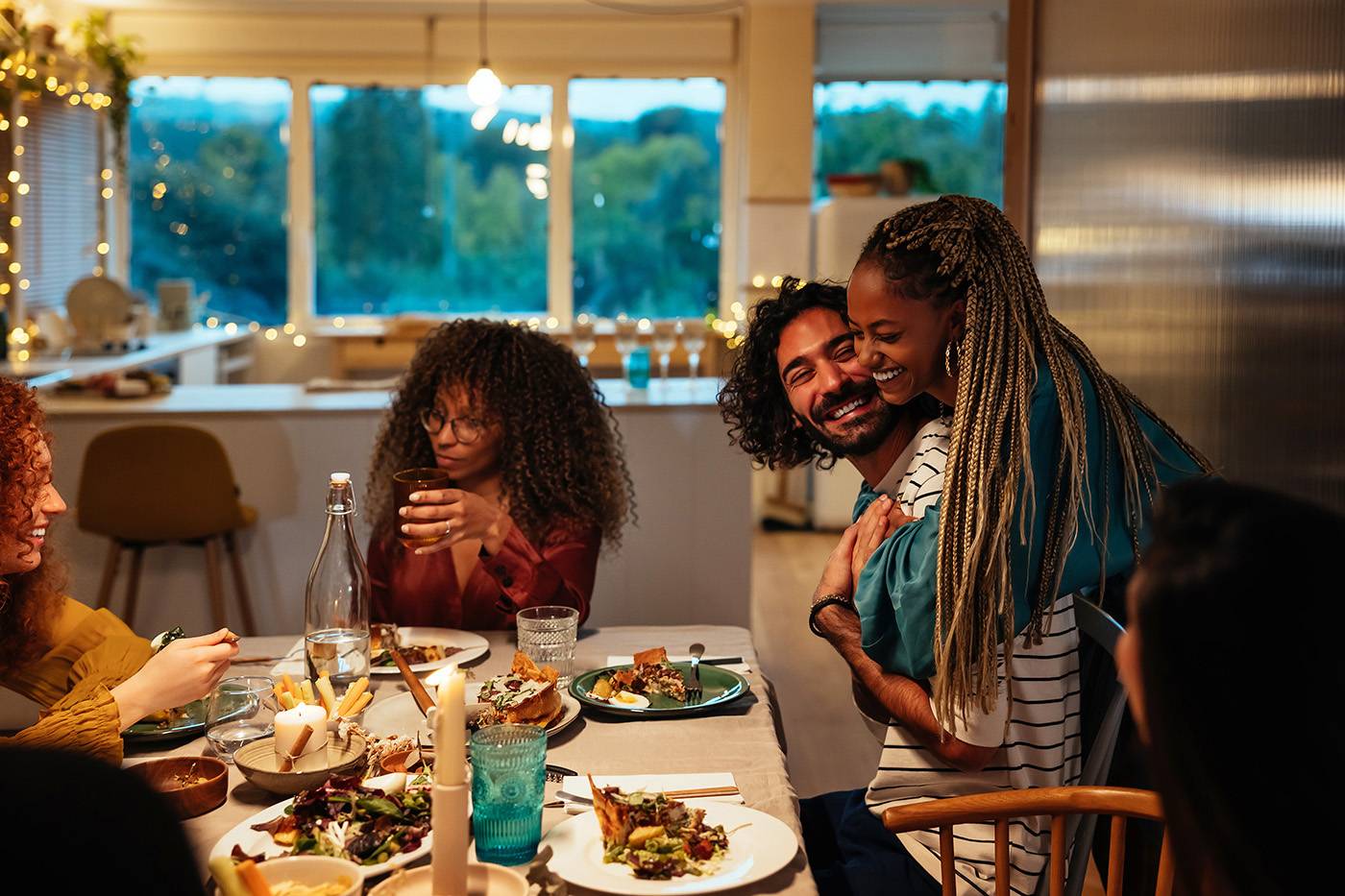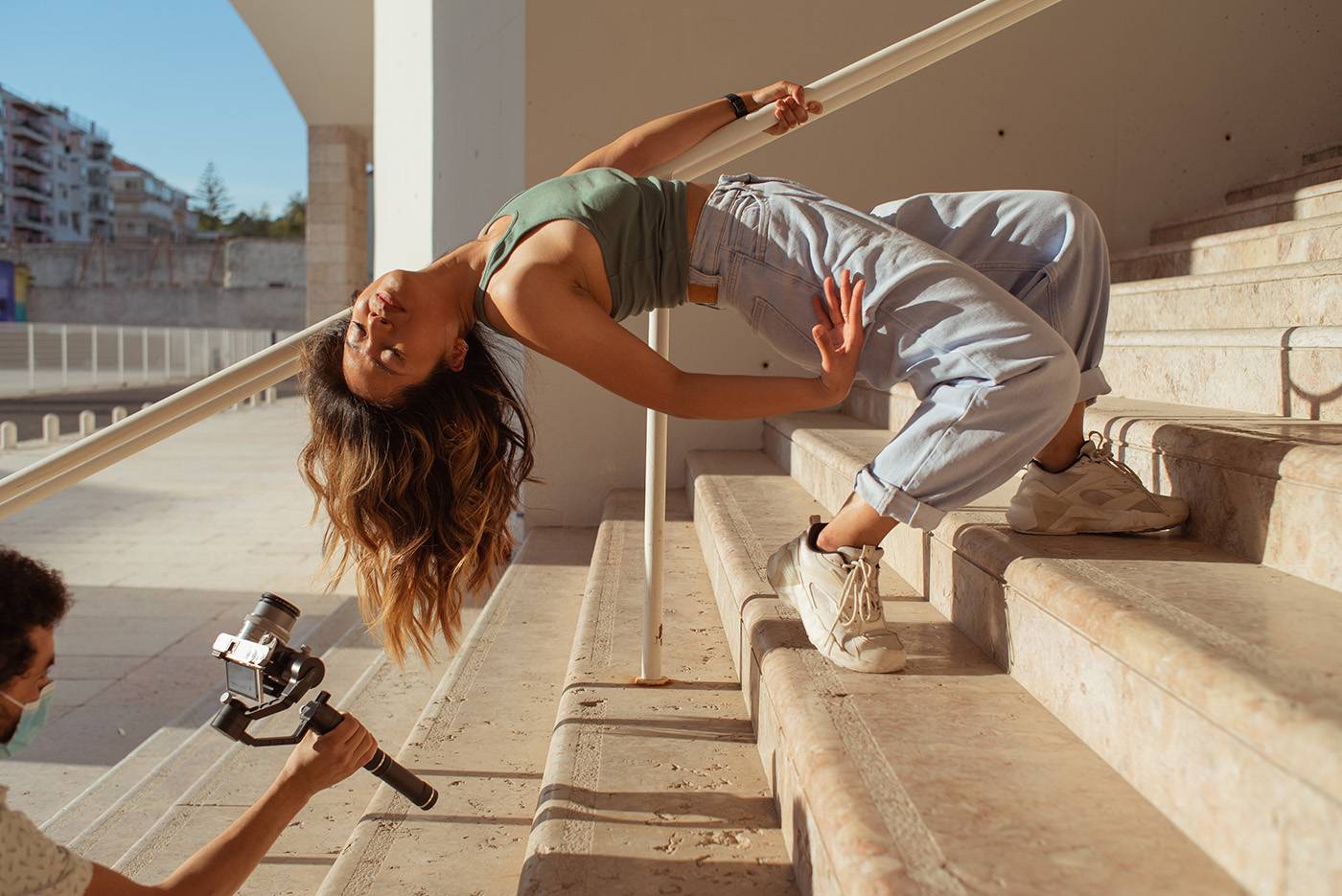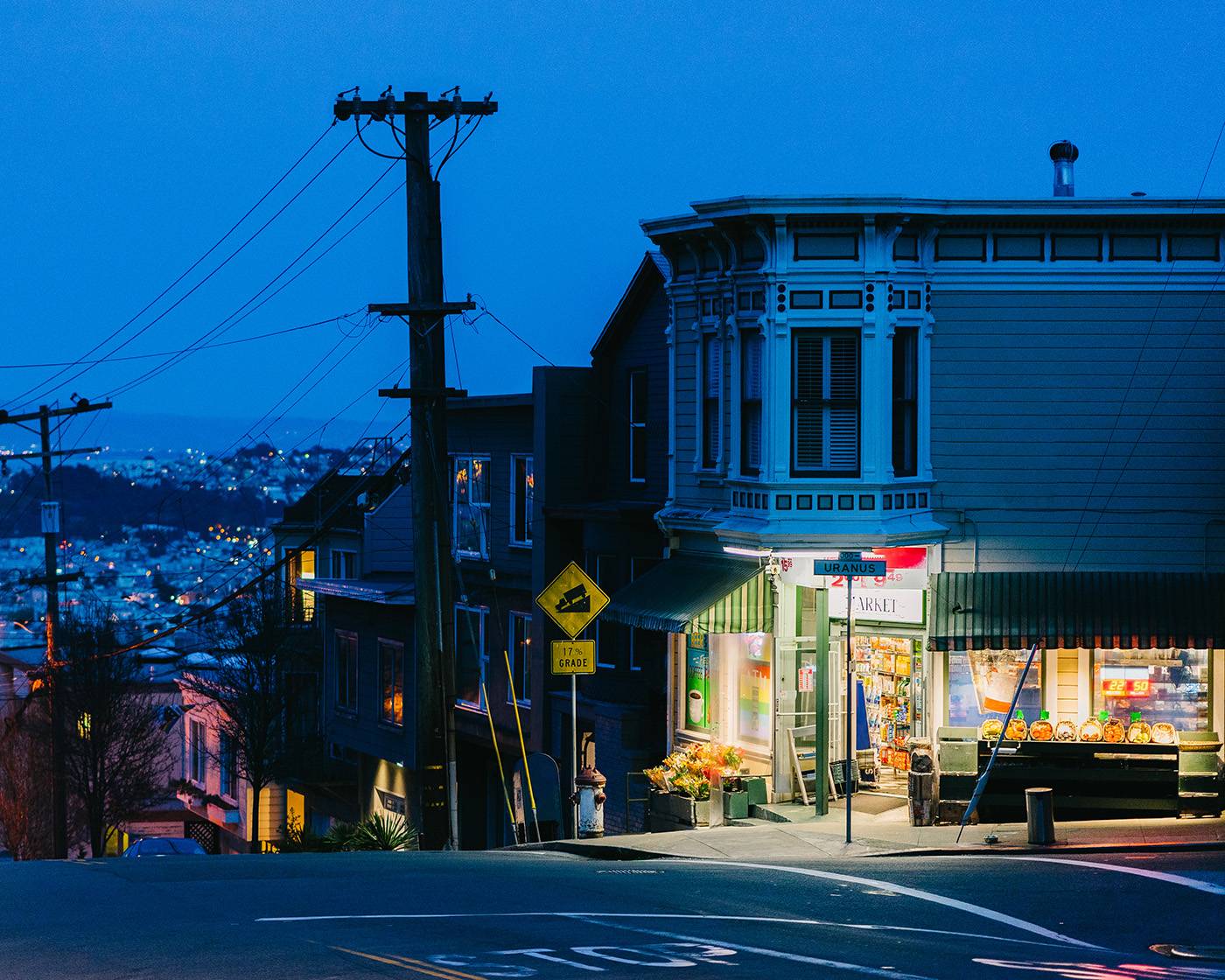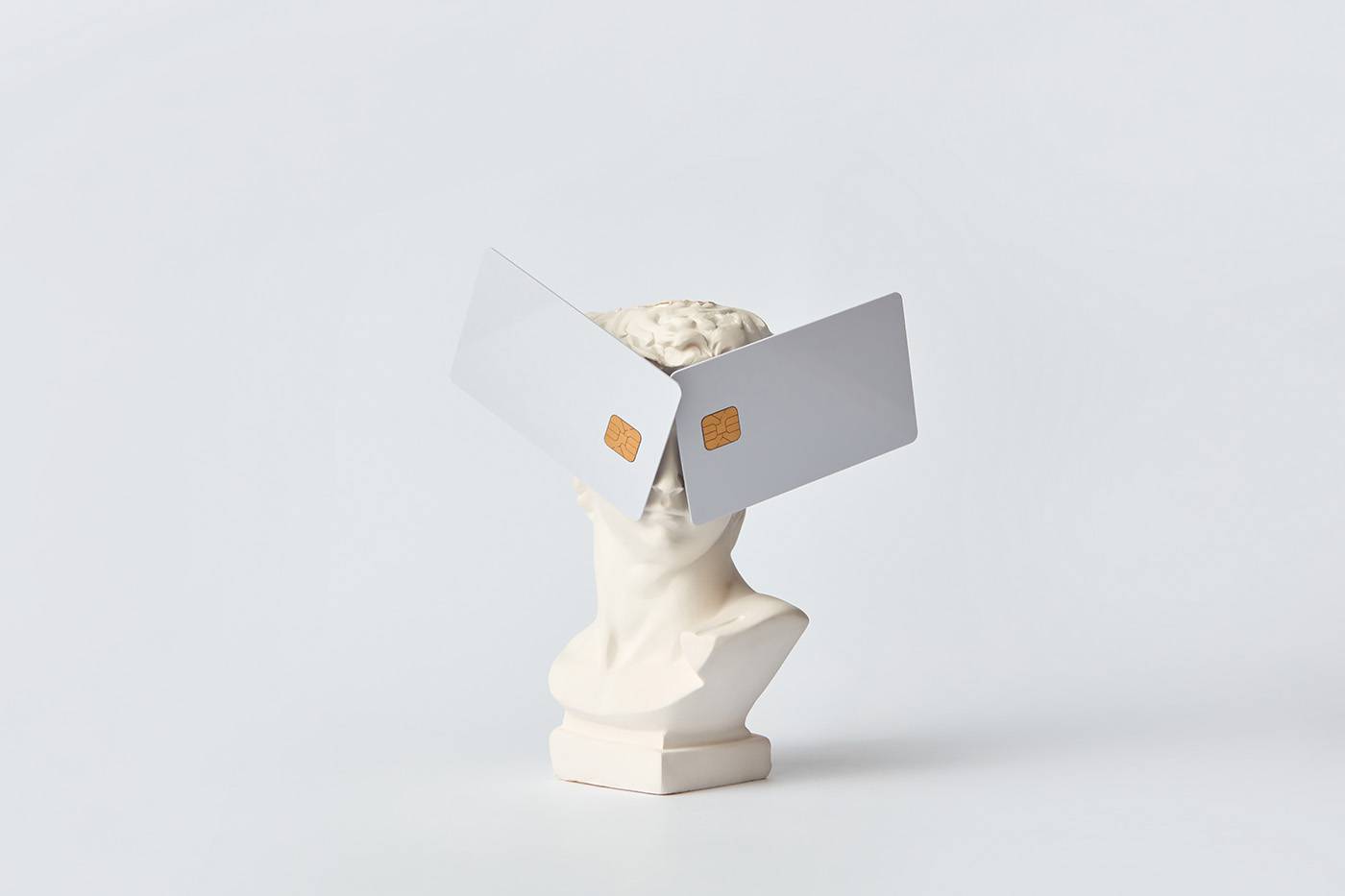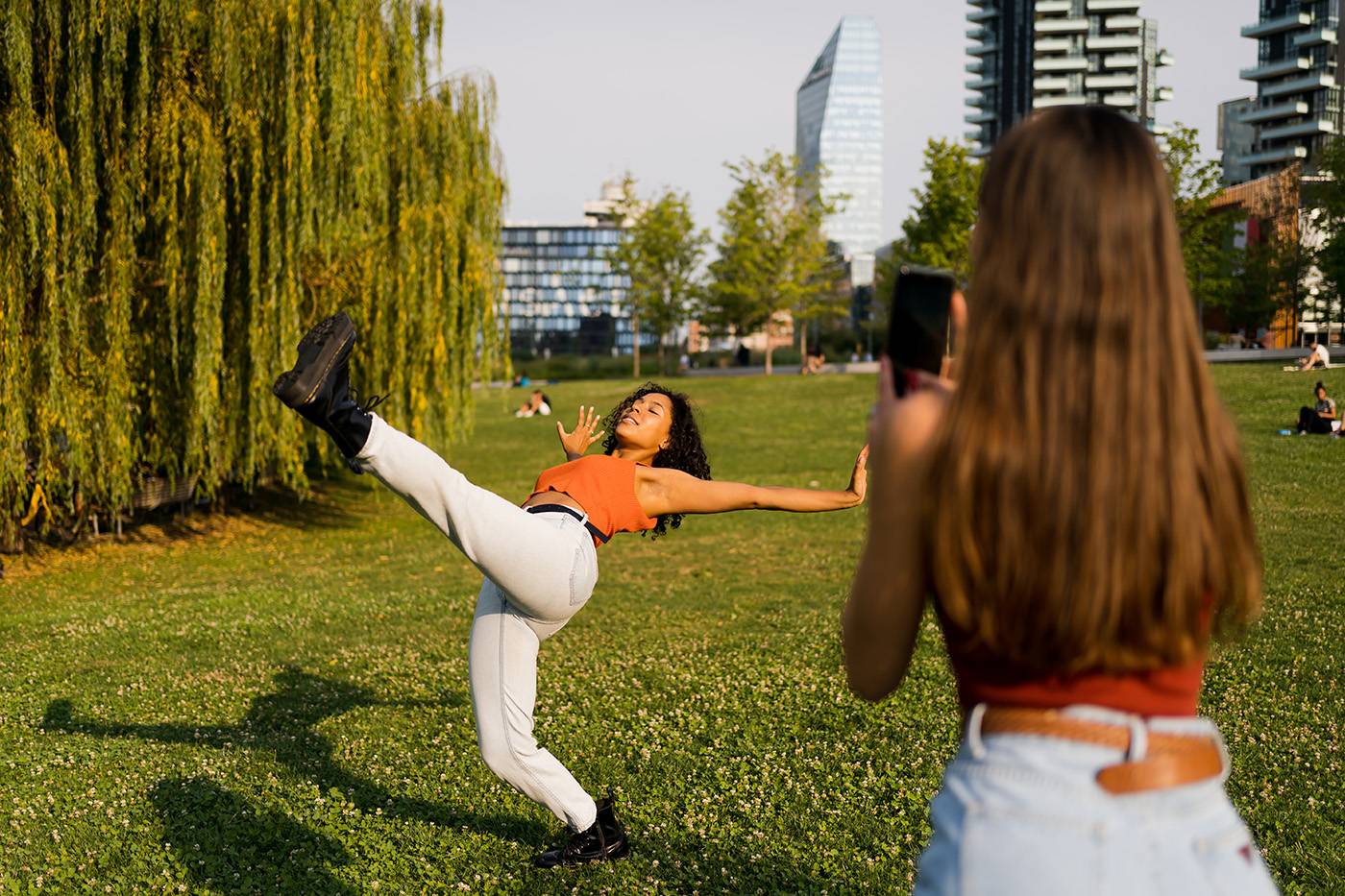Have you ever wanted to be swept into an ethereal dreamscape of otherworldly fantasy? Do you dream of film stock footage that captures captivating characters and lavish landscapes? If you have, photographer and filmmaker Skyler Dahan might be your next muse.
The LA-based artist is an expert with film, a commitment rarely found in contemporary cinematographers. Melding urban edge with soft mirage, Dahan’s film work uncovers humanistic quality with a surreal twist, all enveloped in a vintage mood. Working primarily with 16mm film, Skyler’s stock footage takes time, patience, and know-how.
We probed Skyler for a look into the challenges and benefits of shooting images and video on film and how that affects his artistic vision and process.
What was your path from first picking up a camera to shooting professionally?
When I was younger, I didn’t fully understand the process of shooting and editing with film because I grew up in the digital age. In high school, I took a film class and knew right away that it was for me, although it wasn’t until college that I picked up my first film camera. That changed everything.
When I was deep in this 16mm class, I felt a true appreciation for each image I was shooting because film is not expendable. We were editing our videos using razors and film tape which gave me a ton of perspective and gratitude for digital editing tools. When I graduated from college I shot my first video in 16mm and the result was fantastic. From there I moved to Paris and shot for clients between the US and France and interned in photo studios to hone my technique in a more controlled environment.
In a digital age, why film?
I believe that making the choice to shoot film is based on aesthetics and personal style. Film is a wonderful medium because it gives more character and depth. I love the film aesthetic – the grain, colors, and textures are so unique and bring life to the format.
Limitation is another aspect that draws me to film. Because I cannot endlessly shoot, I really have to carefully pick and choose my subject.
What are the challenges associated with shooting video on film?
Video on film has a totally different approach because you are dealing with more images than a standard camera. You don’t just pick up the camera and push record – you are constantly verifying your light and settings. You can’t rewind or re-record. You have to be spot on – but the more you shoot, the more natural this becomes.
A large obstacle for film videographers is that you can’t verify your image after you shoot. Meaning that after you shoot a scene there is no playback – you have to trust your skill. I like to be safe, so if I am not sure that the aperture was correct, I’ll shoot the same scene a couple of times with different aperture settings.
What makes shooting film worth the fuss and expense?
Patience plays a large role in film photography. When I get my film back from the lab and see the images for the first time I’m blown away. While shooting, you can visualize in your head what your images are going to look like but when you actually see them, they totally surpass your expectations. Qualities such as color, grain, and lighting feel amplified and authentic. This authenticity draws me to shooting in film because it feels pure and alive.
I love how tactile shooting video with film is. You feel connected to the camera because you hear the noise of the film running through the reel and you have to wind your motor and change film when it runs out. It’s hard to describe because it’s so hands-on. At the end of the day, shooting video on film is expensive but if you give it a try, you will truly appreciate its uniqueness.
How does shooting exclusively on film influence your work?
Film creates a more timeless feel. I am inspired by the 60’s and 70’s and try to give my work that feeling of the past. I’m not obsessed with nostalgia but I want my viewer to look at the photo and ask themselves when it was taken. Film can be very charming and elegant and I want my viewer to see that reflected in my imagery.
Most modern budding filmmakers wouldn’t even have a clue where to begin with shooting video on film. Where do you start?
Start by knowing your different film formats options – 8mm, 16mm, and 35mm. From there I would watch videos on how to load film, research where you can get your film developed and processed and then take a stab at it.
I think for newcomers the 8mm format is the best because it’s more forgiving than 16mm – there is more room to “mess” up. With an 8mm camera, you don’t have to worry about using a light meter or changing your aperture, and loading film is much quicker.
Typically I am loyal to 16mm because of the image quality and the price. When approaching short films the 16mm is still great because the image looks super cinematic.
The only circumstance that I would really get into the 35mm is for high budget projects or features. For upcoming film videographers, I wouldn’t really worry about the 35mm.
Any specific cameras or developing processes that you suggest??
For newcomers to the 8mm game, I would recommend either the Canon 518 or Canon 814 due to their price and versatility. When shooting with 16mm I would recommend a Bolex, (preferably RX4 and up) which isn’t the cheapest option but the image quality has more depth compared to the listed 8mm cameras. I particularly love the Bolex because it can take a good beating and doesn’t require any batteries. It is equipped with a motor that requires the user to simply wind it like a watch, making it extremely versatile.
What has been the greatest influence in your work?
Artists such as William Eggleston, Stephan Shore, Philip Lorca Dicorcia, Rodchenko and Joel Sternfield have really guided my photographic eye in terms of color and content. I love the way they see the world and how they compose their imagery. A lot of my personal work consists of taking portraits of random people in the streets and I don’t think my vision would be as clear if it wasn’t for these artists.
In terms of filmmaking, I am heavily influenced by Kubrick, Godard, Hitchcock, and the Coen Brothers. In my point of view, these filmmakers are timeless and have such strong taste. They create detailed and unique universes, yet tell simple stories that immerse viewers into their worlds.
Finally, I would have to say that the artist who has a large impact on my work right now is Tyrone Lebon. As someone who is shooting film in the 21st century, I find his work very inspirational and motivating.
Skyler Dahan is a filmmaker and photographer based in Los Angeles California. He earned a bachelor of arts in film and electronic arts at Bard College in 2011. Want to connect with Skyler? Find him here: Stocksy // Website // Facebook//Instagram







